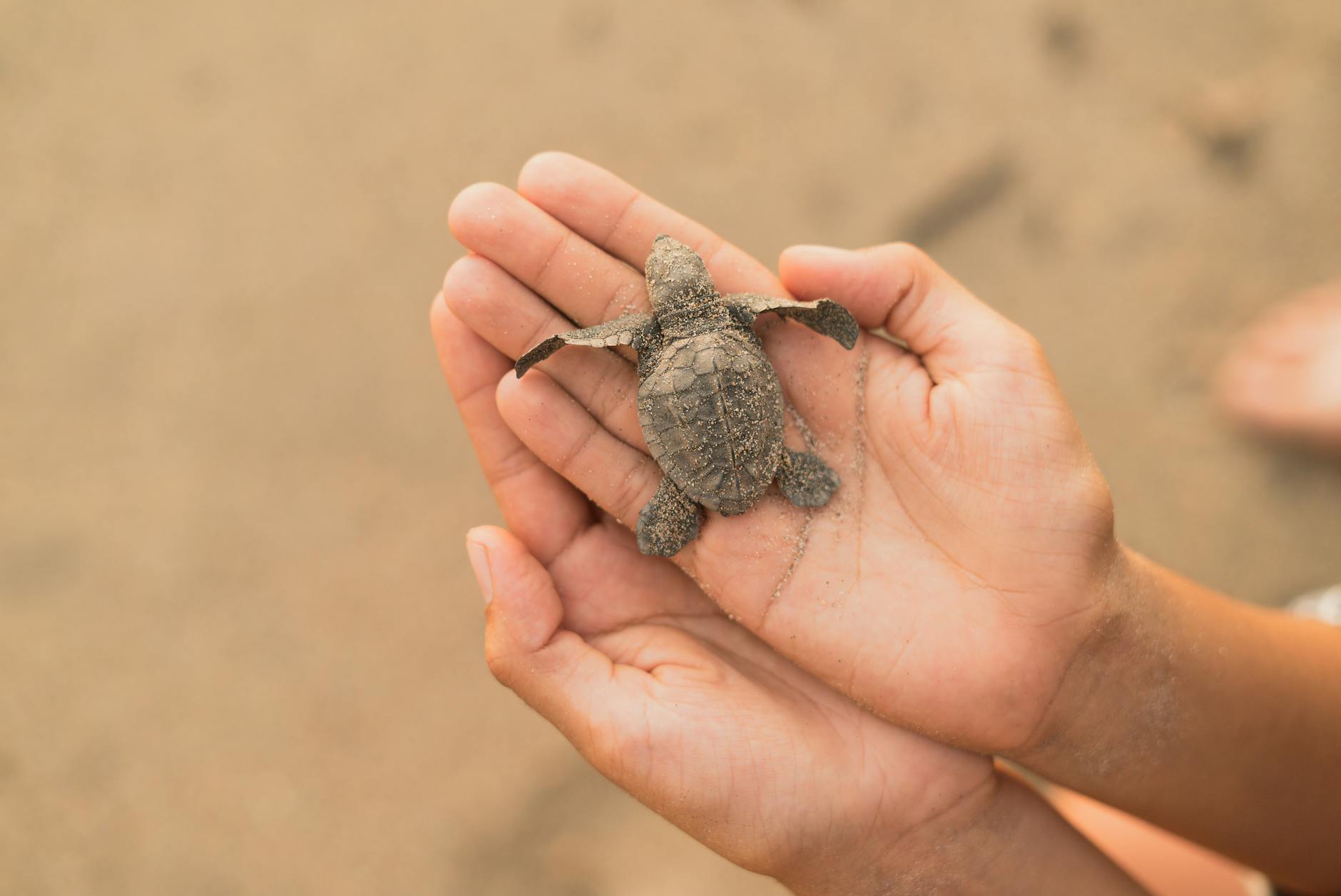From Newborns to Species Preservation: Unveiling Zookeepers' Efforts
Zookeepers play a pivotal role in the realm of wildlife conservation, serving as dedicated caretakers to a diverse array of animals. Their responsibilities extend far beyond merely feeding and cleaning enclosures; they are stewards of biodiversity, working tirelessly to ensure the wellbeing and preservation of various species. Through their daily interactions with animals, zookeepers contribute significantly to conservation efforts by providing essential care, monitoring behaviors, and participating in crucial breeding programs.

Nurturing New Life: The Impact of Zookeepers on Newborns
The Intersection of Education and Conservation at Zoos
In addition to their daily care duties, zookeepers actively engage in research initiatives aimed at advancing our understanding of animal behavior, health, and reproduction. By collaborating with scientists and conservationists, zookeepers contribute valuable data that informs broader efforts to protect and preserve endangered species. Through research projects and partnerships, zookeepers play a vital role in shaping the future of wildlife preservation.
Conclusion
Zookeepers are unsung heroes in the realm of wildlife conservation, working tirelessly behind the scenes to ensure the wellbeing and preservation of diverse animal species. Their dedication, expertise, and passion are instrumental in fostering a culture of conservation and inspiring future generations to cherish and protect our planet's precious biodiversity.
FAQs
Zookeepers provide roundtheclock care, monitor behaviors, and participate in breeding programs to ensure the healthy development of newborn animals.
2. What role do zookeepers play in educating the public about wildlife conservation?
Zookeepers engage with visitors to share insights about animals, habitats, and the importance of conservation, fostering a sense of stewardship and empathy towards the natural world.
3. Why is speciesspecific enrichment important in zoo habitats?
Speciesspecific enrichment helps stimulate animals mentally and physically, promoting their wellbeing and natural behaviors in captivity.
4. How do zookeepers contribute to research initiatives in wildlife conservation?
5. What can individuals do to support the efforts of zookeepers in wildlife conservation?
Visitors can support zookeepers' efforts by participating in educational programs, spreading awareness about conservation issues, and advocating for sustainable practices in everyday life.